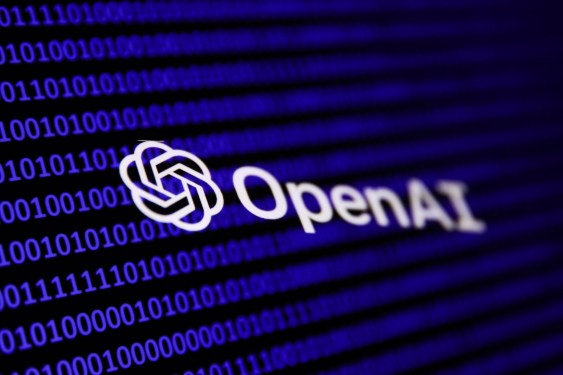Meta Asks California Attorney General to Block OpenAi’s Conversion to For-Profit Entity
Meta Asks California Attorney General to Block OpenAI’s Conversion to For-Profit
Posted: 10:46 AM PST · December 14, 2024
Meta, the parent company of Facebook, has joined forces with Elon Musk in an effort to block OpenAI’s conversion from a nonprofit organization into a for-profit one. This move has significant implications for Silicon Valley and sets the stage for a complex battle between tech giants.
Background on OpenAI’s Conversion Plans
OpenAI, the artificial intelligence (AI) research laboratory co-founded by Elon Musk, Sam Altman, and Greg Brockman, has been at the center of controversy in recent months. The company had initially planned to remain nonprofit, but its board members have since reconsidered this decision. If successful, OpenAI’s conversion would allow it to issue stock options to employees and investors, while also providing tax benefits.
Meta’s Letter to California Attorney General
In a letter addressed to California Attorney General Rob Bonta, Meta argued that allowing OpenAI to convert into a for-profit company would have far-reaching consequences for Silicon Valley. The company emphasized the importance of maintaining nonprofit status for AI research organizations and urged Bonta to take direct action to block OpenAI’s conversion.
Support from Elon Musk
Meta’s move is not an isolated incident, as it has garnered support from none other than Elon Musk himself. As reported by The Wall Street Journal, Musk was a co-founder at OpenAI before parting ways with the company and establishing his own AI research laboratory, xAI. In a recent lawsuit filed against OpenAI, Musk argued that the company’s conversion to for-profit status would undermine its nonprofit mission.
Meta’s Critique of OpenAI’s Business Model
Meta also questioned OpenAI’s business model in its letter to Bonta. The company noted that if OpenAI’s new approach is valid, non-profit investors would reap similar benefits as those who invest in conventional for-profit companies. However, they would also be entitled to tax write-offs provided by the government.
Competition in the AI Market
OpenAI and Meta have become major competitors in the AI market, with both companies investing heavily in research and development. This intense competition has fueled the debate over OpenAI’s conversion plans. Musk, a well-known advocate for AI regulation, has also called for greater transparency and accountability in the development of AI technology.
The Role of Shivon Zilis
Shivon Zilis, a former member of OpenAI’s board, has joined forces with Musk in his lawsuit against OpenAI. As reported by TechCrunch, Zilis has been critical of OpenAI’s leadership and their handling of the company’s finances. Her involvement in Musk’s lawsuit adds another layer to the controversy surrounding OpenAI’s conversion plans.
OpenAI Responds
In response to Meta’s letter and Musk’s lawsuit, OpenAI published emails and texts that allegedly reveal a strained relationship between Musk and the company. In a statement, OpenAI argued that Musk should focus on competing in the marketplace rather than resorting to legal action.
Related Developments
This development is part of a broader trend in Silicon Valley, where companies are increasingly seeking ways to capitalize on AI technology. As governments and regulatory bodies grapple with the implications of AI research, tech giants like Meta and OpenAI must navigate complex terrain to maintain their competitive edge.
TechCrunch’s Coverage
- TechCrunch Daily News: Get the latest news from Silicon Valley every weekday and Sunday.
- TechCrunch AITechCrunch’s AI experts cover the latest news in artificial intelligence.
- Startups Weekly: Stay up-to-date on the latest startup news, delivered weekly.



